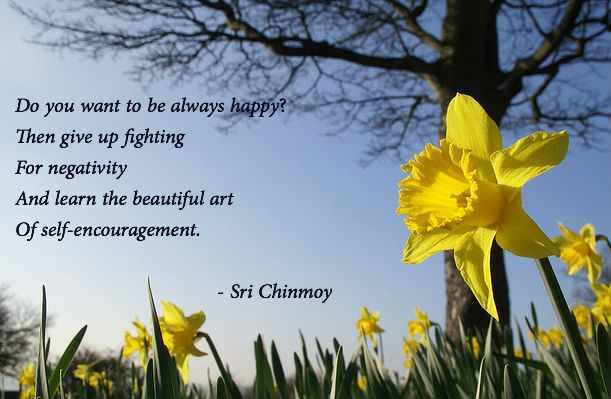Born to wealthy parents in the Italian town of Assisi the young Francesco enjoyed all the privileges of a prosperous upbringing. Franscesco was bright and intelligent; helping his father in business he proved to be an able and capable man. He was also a soldier who took part in the crusades of the time.
However the material prosperity and worldly success lost all attraction for St Francis. After coming back from war he became seriously ill and felt the futility of seeking happiness through the accumulation of material wealth and social prestige. Francesco instead felt an intense yearning to live the life of a simple disciple of Christ. Following a literal interpretation of the Gospel St Francis sought to take vows of poverty and chastity.
"Announce the kingdom! Possess no gold or silver or copper in your purses, no travelling bag, no sandals, no staff" (see Luke 9:1-3)"
Whilst stumbling upon the ruins of a broken chapel in Assisi, he felt the voice of Christ ask him to rebuild the derelict chapel.
"Francis, go out and build up my house, for it is nearly falling down."
In the beginning he worked alone to rebuild the chapel, but over time his purity of spirit and single-minded devotion attracted other like minded young men from the city. This was to be the nucleus of a new religious order.
Initially the relative success of St Francis in reaching out to the poor attracted only the jealousy and apprehension of the established Church authorities. Partly due to this St Francis set off for the Vatican to seek an audience with the Pope. Against the majesty of the Vatican, St Francis and his disciples cut a sharp contrast. Arriving tired and dishevelled in their simple cloaks, many felt the ideals of poverty and renunciation went against the established church orthodoxy. However the Pope saw in Francesco a genuine spirituality. He blessed the mission of St Francis, laying the foundations for the Francesco order.
After receiving the blessings of the Catholic Church St Francis and his disciples had much greater freedom to practise and teach the ideals of the gospels. The monks would often wander barefooted living a simple spiritual lifestyle of prayer, meditation and singing. They were noted for their happiness and gaiety even in the face of material adversity.
St Francis was noted for his sense of identity with animals. He felt a oneness with all of God’s creatures and in return animals are said to have felt great trust in St Francis. It is said wild birds would often land on his palm. To Francis birds were symbolic of the human spirit stripped of all pretensions and desires. For St Francis the way to God was not through scholarly learning but through developing a sense of oneness with God. He taught that real happiness comes when you become free of worldly attachments and desires. When a seeker can learn to live in harmony with God, the beauty and simplicity of life would bring abiding happiness.
Two films on St Francis of Assisi
St Francis of Assisi – God’s Jester. This film used real Franciscan monks. It captures the innocence and spirituality of St Francis and his disciples. An unconventional approach which captured the essence of St Francis’s lifestyle.
Brother Sun, Father Moon. St Francis is portrayed effectively as a genuinely humble saint (if a bit dopey with a prediliction for taking off his clothes. The film is not without its quirks there is a somewhat "new age" feeling to the film; at times his relationship with the St Clare of Assisi seems to be more romantic than spiritual. Great scene in the Vatican between St Francis and the Pope (played by Alec Guinness) though.



